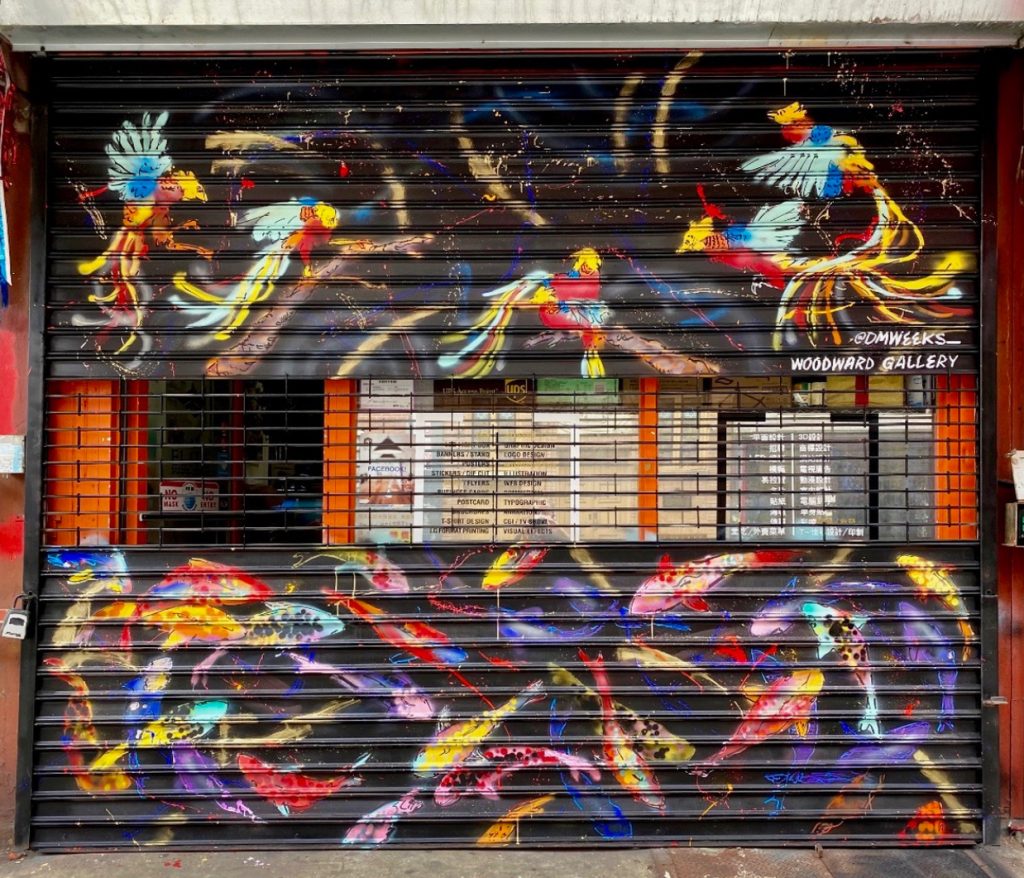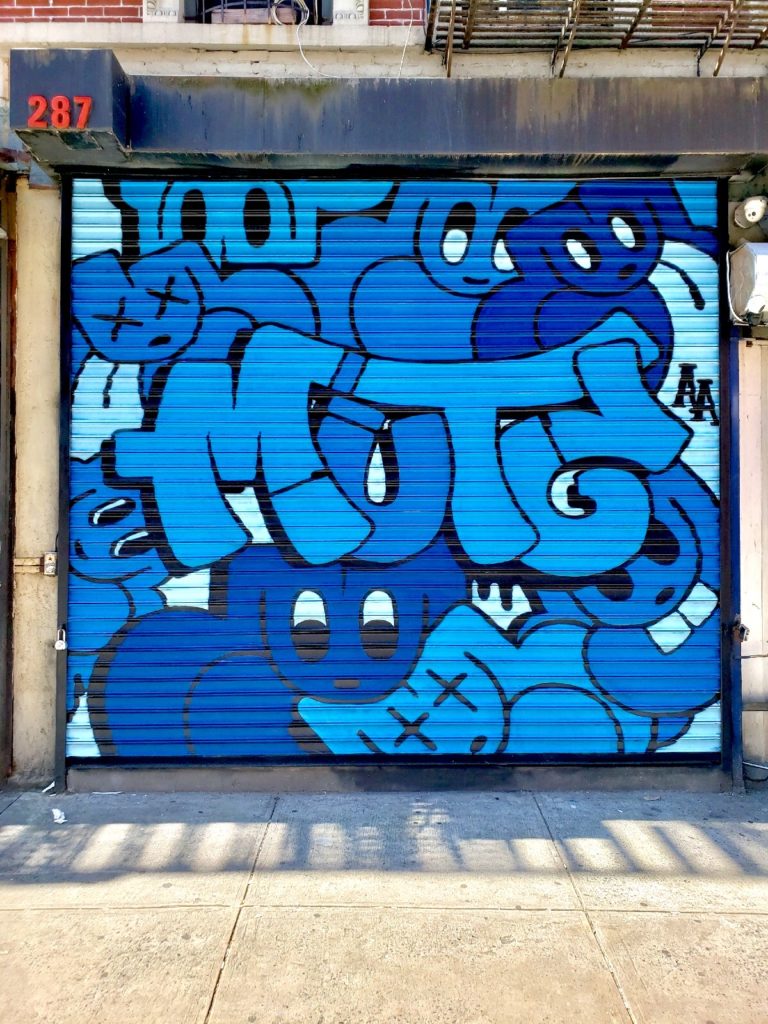Mezuzah + A bull = A word = Grief
Alexa Luborsky
Mezuzah
let’s begin with a blessing for the doorway
in this blessing we forget the wanderer
who has no interest in rooms who holds
onto transient things for shelter bless
this wandering because it is our meeting
let’s watch each other bloom from
the safety of a doorway why are we
here? to shape each other why do we
have each other? to shape who
as you write this there is someone who
has been born on the wrong side
of a border as you write this we are
deciding to kill them on a raft
in the middle of an ocean they are trying
to reach this threshold as you write this
we are drowning into each other
as you write this you are redefining
yourself for an opening I am trying to
make a list of endangered histories to ask
why some bones are worth excavating and
others are left in the ground is to ask why
one of the oldest concepts of humanity is
exile the question is not why
things are unspoken but why they were
named and why that name is no longer
used I am left to wonder if my zayde
engaged in these kinds of contracts with
himself if he opposed the misprints of
his name by claiming all of them: whereas
today I am Moritz tomorrow I am
Moshe whereas I keep Morris
hidden in my ribs whereas I take Moses
out at night to walk the grounds of
my tired limbs whereas I keep
115434 at the threshold
and touch my fingers to my lips as I enter
where they cannot and why is tonight
different from all other nights?
because tonight I am not open to you
because tonight history can wait for me
to grieve I will answer tomorrow
A bull = A word = Grief
A bull bucks against the idea of a noun. It is not stationary. It is moving like how a bull charges at a thing to sublimate the feeling of being a bull.
Maybe I should say a bull is a parable, as in from the Greek para for alongside and bole for a throwing. As in how the act of throwing is rendered a noun to describe the path of the thrown object. The arc made a bull with its horn caught.
A bull is not something I want to touch. A bull is drowned in its own river.
In other words, a bull is not just a bull it is a collection of bulls nesting inside a word that tells them they are a part of a whole.
But it doesn’t matter, because once a bull knows it is a bull there is no way to convince it otherwise.
A bull is a chandelier of bone.
This is to say a body is light. A bull is the repurposed electricity of the bull.
The neck bone of a bull is called an axis. An imaginary line about which the body rotates.
This bull has become imaginary since bone has become an autocannibal. Bone: a verb that means to be rid of itself. Bone the fish, the chicken, the limb, the self.
In bullfighting there is a strict code of conduct and the bull must be stabbed at its peak exhaustion. It is only a matter of when.
A bull’s charge is evaded by a veronica. The movement of the matador named after the woman said to have given Jesus a cloth, the one he stained his image on.
It was originally the cloth that was called veronica, for the image on it. Derived from vera icon or real image. That is to say, a bull is an evasion of a real image.
A bull is transparent when held up to the light. It cannot hold sweat or blood. A bull is a shroud with closed wounds.
That is to say, a bull is a bull with the eyes of a lamb.
Alexa Luborsky is an editorial assistant at Poetry Northwest. Her poems have appeared or are forthcoming in Consequence, Hobart, JuxtaProse, Meridian, and Palette Poetry. She was born in Toronto, Canada and raised in Rhode Island.

















